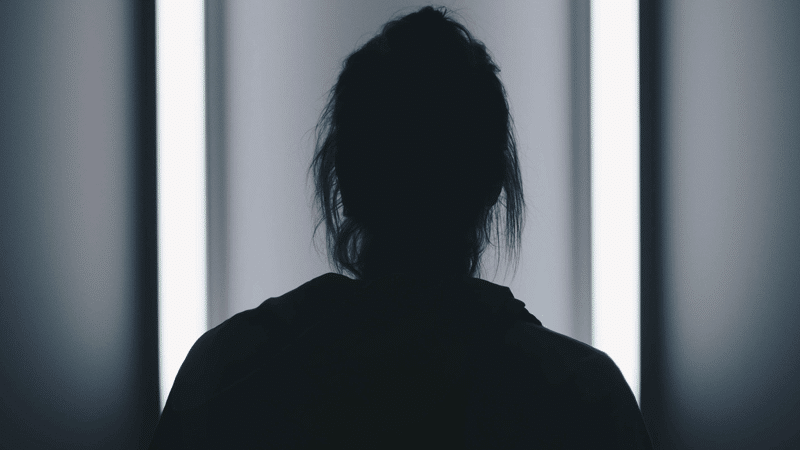A Ministry of Justice (MOJ) policy which allows men who identify as women to be housed with female prisoners places women at greater risk of sexual assault, the High Court has heard.
Lawyers representing a woman, known only in court documents as FDJ, argue that male convicts who identify as female should not be imprisoned alongside women because they are ‘disproportionately’ likely to commit sexual assaults, and should instead be housed in a separate wing.
Currently, the MOJ allows prisoners to be housed according to their ‘gender identity’ if they have a Gender Recognition Certificate, “irrespective of whether they have taken any legal or medical steps to acquire that gender” – although it claims requests are considered on a case-by-case basis.
Disproportionate
FDJ says she was sexually assaulted by a transgender prisoner in 2017. The man who claimed to be female was being housed in the general women’s population at the prison – despite serving convictions for “serious sexual offences against women”.
Her lawyer, Karon Monaghan QC, pointed out that while trans inmates made up just one per cent of those housed in women’s prisons “they are responsible for 5.6 per cent of sexual assaults”.
Monaghan concluded that the current policy failed to recognise “the extraordinary vulnerability of female prisoners and the prevalence of a history of abuse and gendered violence”.
The MOJ claimed that the policy facilitates “the rights of transgender people to live in and as their acquired gender” and protects transgender people’s “mental and physical health”.
Single-sex spaces
Meanwhile, in a letter to The Daily Telegraph, a group of prominent academics, lawyers and former prison officials voiced their objection to the MOJs current policy.
It stated the High Court case “confirms the unacceptability” of allowing “male-born prisoners who have a Gender Recognition Certificate stating they are legally women to be housed in women’s prisons”.
Citing the Equality Act’s allowance for single-sex spaces, the letter declared women’s prisons as “definitive examples of facilities used by women that should be single-sex”.
It concluded that: “All vulnerable prisoners have the right to be safe, but the needs of one group cannot come at a cost to the safety and wellbeing of women in prison.”
![]()
Radical gender ideology ‘risks erasing women from our language’
Home Office’s female workers going out of their way to avoid gender-neutral toilets

